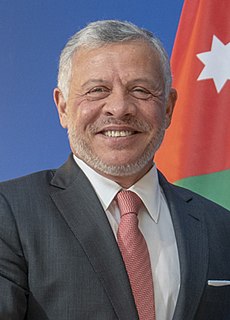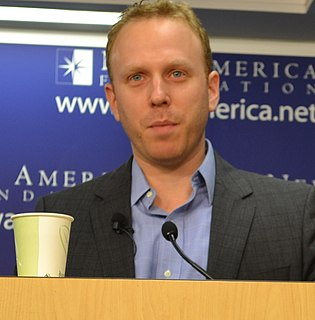A Quote by Bill Gates
Philanthropy, although it's tiny compared to the government, it's 2% of the US economy, which is the largest percentage, other than the Middle East.
Quote Topics
Related Quotes
I think philanthropy is also growing and catching on. Figuring out how the philanthropy sector, which is quite small compared to the private sector, which is the biggest by far, and then the governments, you know, even in these poor countries over time has to take on these key responsibilities. How does philanthropy accelerate that? Drive the kind of innovations, make sure they get used well. So it plays this kind of special role.

































